Point Blank
Buhari and subsidy removal: What Kachikwu is yet to tell us
Published
10 years agoon
By
Olu Emmanuel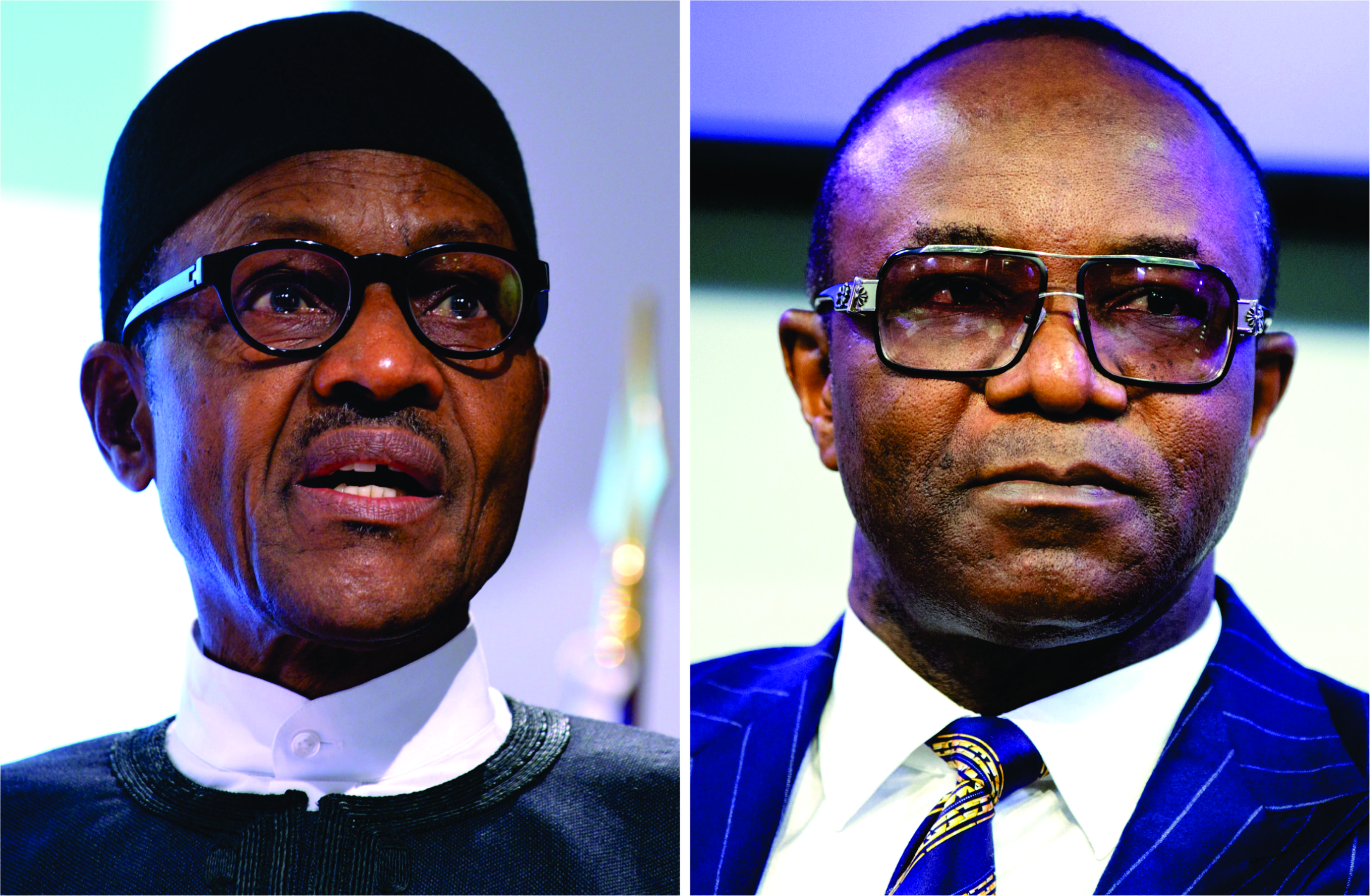
WHETHER they called it “subsidy removal,” at first and later “price modulation” and now “downstream liberalisation,” one fact stands out that the announcement by the federal government on the fuel issue represented a form of deregulation of the petroleum products procurement and distribution sub-sector of the nation’s downstream.
Most Nigerians as it stands today are seriously praying and hoping that President Mohammadu Buhari and his team will arrive and quickly too at a reasonable strategy to take the nation through the next couple of years and position us for the long term as well. This is our hope and according to the Holy Bible (Romans 5:5), “Hope does not make us ashamed- you cannot be ashamed of having hope.”
There is a lot of confusion that needs to be cleared by the government in the announced deregulation of the petroleum products procurement and distribution sub-sector and the president and/or the petroleum minister need to address this. You expect marketers to source forex at secondary/ black market, and at the same time cap the price they are expected to sell their commodity, is that going to work?
Truly Nigeria is “fantastically wonderful,” if not how do you explain the existing forex discrepancies between the Central Bank rate and those of the autonomous or rather black markets? As at today black market foreign exchange rate is over three times the official rate. The first question is: who is supplying forex to black marketers? Is it possible that someone can smuggle huge amount of dollars into Nigeria without been detected? It’s obvious that those in authority are the ones releasing forex to their cronies/fronts that operate the black markets. This in its self is corruption of the highest order and should be addressed also by this government that has shown a strong will-power to fight corruption.
ALSO SEE: Falana opposes Tinubu on fuel price increase
Curiously, either by oversight or deliberate design, one of the worst epicentres of corruption in the fuel subsidy and price modulation fraud in this country is being completely left out of the present argument by both the government and those against the recently announced deregulation of the downstream.
It is “fantastically corrupt” to be mute on the issue of equalisation as enshrined in the Act that established The Petroleum Equalisation Fund (PEF) which also has been a major component of the massive fraud in the entire subsidy racket.
This Fund was supposed to make sure every Nigerian, no matter where you live, pay the same price for at least petrol and kerosene. And money has been channelled through it all these years to majorly offset haulage costs to different parts of the country. The haulage cartel is as corrupt and selfish as the fake fuel importers themselves.
Has the obnoxious Petroleum Equalization Fund or the “bridging cost”, also been scrapped by the federal government as part of the recently announced deregulation/subsidy removal and cost saving initiative? In a regime of no subsidy, does the government still expect petrol to sell at the same price in Maiduguri, Makurdi and Lagos or Brass?
We all remember a recent campaign by those pretending to defend the interests of Nigerians in some parts of the country that if the Equalisation Fund is scrapped, Nigerians in those areas would be made to pay four-five times higher prices than price regimes in areas closer to the depot facilities because of the distance it takes to transport the petroleum products from coastal depot facilities into the hinterland.
To everybody, the argument actually made sense but Nigerians are unaware they were being manipulated by the haulage cartel whose only interest is themselves. Even in the coastal areas that host refineries and/or depot facilities, does fuel sell at the same price everywhere? Not at all! But because we like to play politics with everything, sectional, regional and even ethnic colourations were introduced to deceive the innocent Nigerians for the selfish interests of a very few businessmen.
If this government is still retaining that fund, it means then that they are subsidizing fuel in certain sections of the country while leaving out others to the mercy of the marketers. The Petroleum Minister or the President should clarify this issue without ambiguity.
Now, whether anybody wants to hear this or not, our refineries are still comatose. The performance outings for the three and a half plants we have in this country are nowhere near 30 percent utilisation of installed capacities not minding all the deceit by the NNPC and its people in government. Even the ordinary boiling of crude oil to separate petrol (PMS) and/or diesel, none of the refineries- Warri, Kaduna, Port Harcourt I and II is doing that effectively to anything near 40 percent capacity as installed. Meanwhile, this is just a very tiny fraction of what the refineries were set up to do in the first instance.
ALSO SEE: Petrol marketers say fuel prices fall in 4 weeks’ time
It has been severally said that years of mismanagement and corruption not only in our oil sector but in all facets of our economy as a nation has produced a Nigeria that does not (as at now) have the capacity to refine crude oil into petrol and other products for her domestic needs.
Since last October, almost 100 percent of imported fuel came in through the Nigerian National Petroleum Corporation (NNPC) because independent marketers could not import due to alleged lack of access to foreign exchange. So the apex oil concern stepped in and had been exchanging the 445,000 barrels of crude oil allocated daily for local refining and additional volumes from the federation account to augment for the balance for petrol through a process of Direct Sale Direct Purchase arrangement.
Just last week, we were told that the federal government would set a deadline for the country to be self-sufficient in refined petroleum products and become a net exporter of same. Good as it sounded, the Government need to be very clear on what they mean.
There is a very serious need for a thoroughly articulated and well-defined program with a definite time- frame for President Buhari to redress the challenges we currently face in refining our crude oil domestically. Most importantly, there has to be a religious commitment to funding such programs also because it is one thing to set out on a remediation program but if it is not properly supported in terms of funding, we will not achieve the desired goals of making what we already have as refineries run full stream or even near anything we can call sustainable operation before we can even start talking of achieving self-sufficiency.
You may like
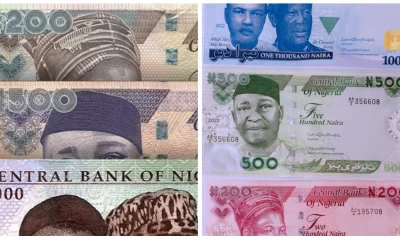

Floating Naira: Death knell for Nigerian Economy?
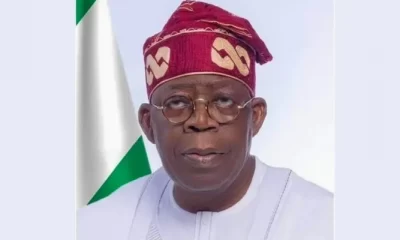

Subsidy Removal: Shutting down the Nigerian economy?


Subsidy Removal: No provision for N5000 transport grant in 2022 budget – Senate
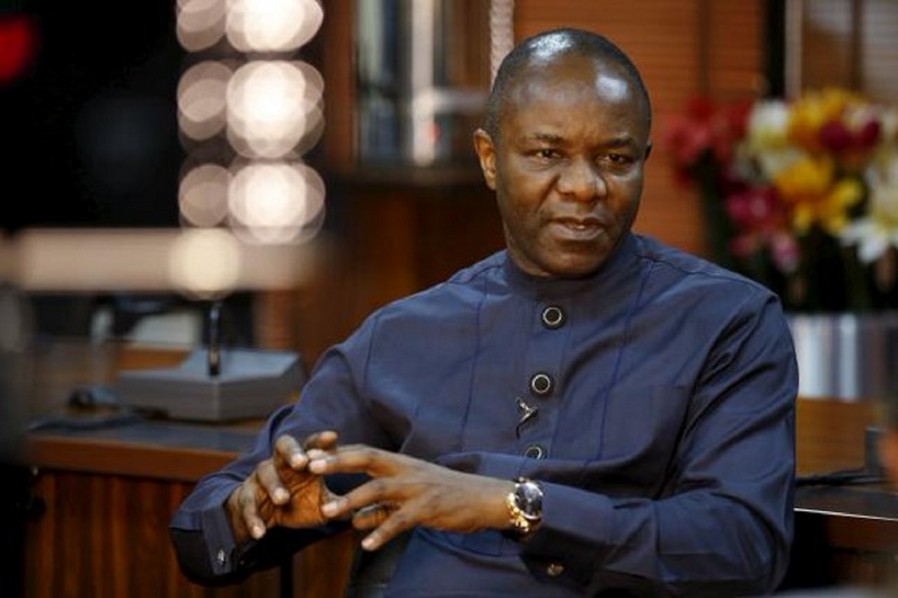

Saudi Arabia seeks Nigeria’s collaboration on oil price stability


10 facts show new Buhari is a clone
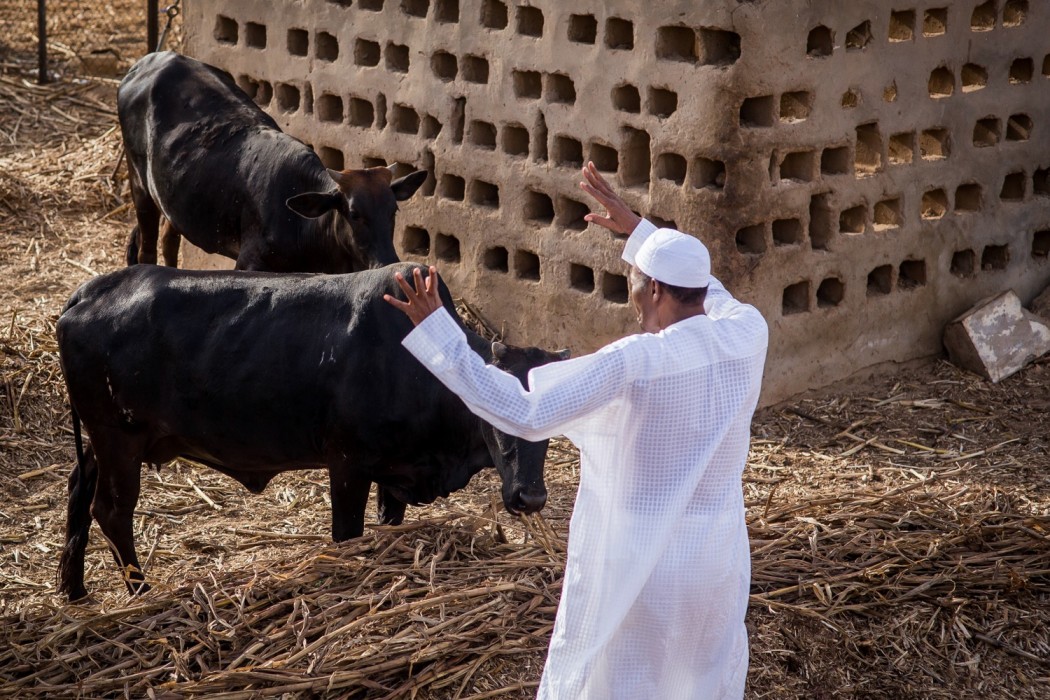

How a statement ‘Only Cows love Buhari, Buhari loves only Cows’ from a GEJ apologist started a war
Trending

 Entertainment1 week ago
Entertainment1 week agoSinger Simi faces backlash after TikToker admits to false rape allegation

 Entertainment5 days ago
Entertainment5 days agoSimi addresses resurfaced 2012 tweets amid online backlash

 Comments and Issues1 week ago
Comments and Issues1 week agoNigeria’s Declining Oil Output and Soaring Foreign Portfolio Investment Inflow

 Comments and Issues1 week ago
Comments and Issues1 week agoEx-prince Andrew’s arrest, lessons for Nigeria

 Comments and Issues1 week ago
Comments and Issues1 week agoThe Seyi Tinubu’s jellof rice, loaves of bread

 Health7 days ago
Health7 days agoSCFN, LUTH introduce bone marrow transplants as curative treatment for sickle cell

 Health3 days ago
Health3 days agoDeclassified CIA memo explored concealing mind-control drugs in vaccines

 Football7 days ago
Football7 days agoHarry Kane nets brace as Bayern edge Frankfurt 3–2 to go nine points clear

